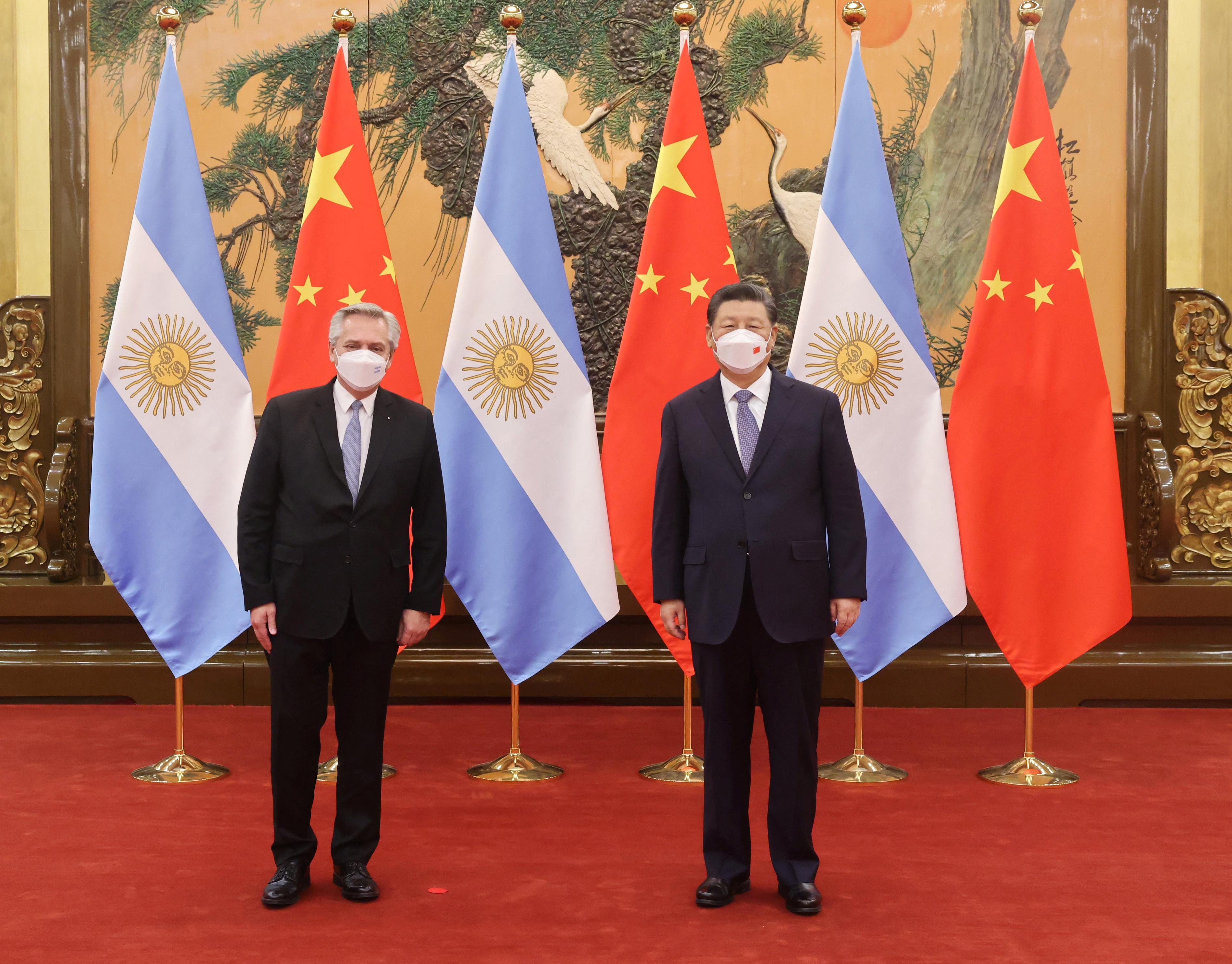Hard Numbers: Argentina joins BRI, Azerbaijan releases Armenian prisoners, South African police come under fire, Australia set to reopen
Chinese President Xi Jinping stands next to Argentina's President Alberto Fernandez during their meeting in Beijing
23 billion: President Alberto Fernández has signed Argentina up to China’s Belt and Road Initiative, hoping to secure $23 billion in investments from Beijing. Buenos Aires likely hopes this will offer more breathing room after years of its painstaking negotiations with the IMF aimed at refinancing outstanding debt.
8: After mediation by the EU and France, Azerbaijan has agreed to release eight Armenian prisoners as a goodwill gesture to get border negotiations between the two countries back on track. Though the two states agreed in November 2020 to end the military conflict over the disputed Nagorno-Karabakh region, longstanding disagreements over borders persist.
300: Riots and looting broke out across South Africa last summer after former President Jacob Zuma was sentenced to 15 months in prison for failing to appear at a hearing on allegations of corruption. A new report on the riots, which led to more than 300 deaths, found that police failed to adequately anticipate and respond to the upheaval.
24: Almost 24 months after closing its borders to foreigners amid the pandemic, Australia’s government plans to reopen to vaccinated tourists on Feb. 21. The tourism industry notably took a 17.6% hit in 2020, so a return to travel will be a boon for the economy.